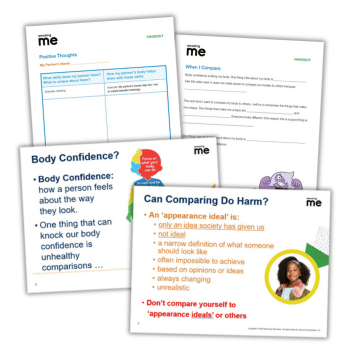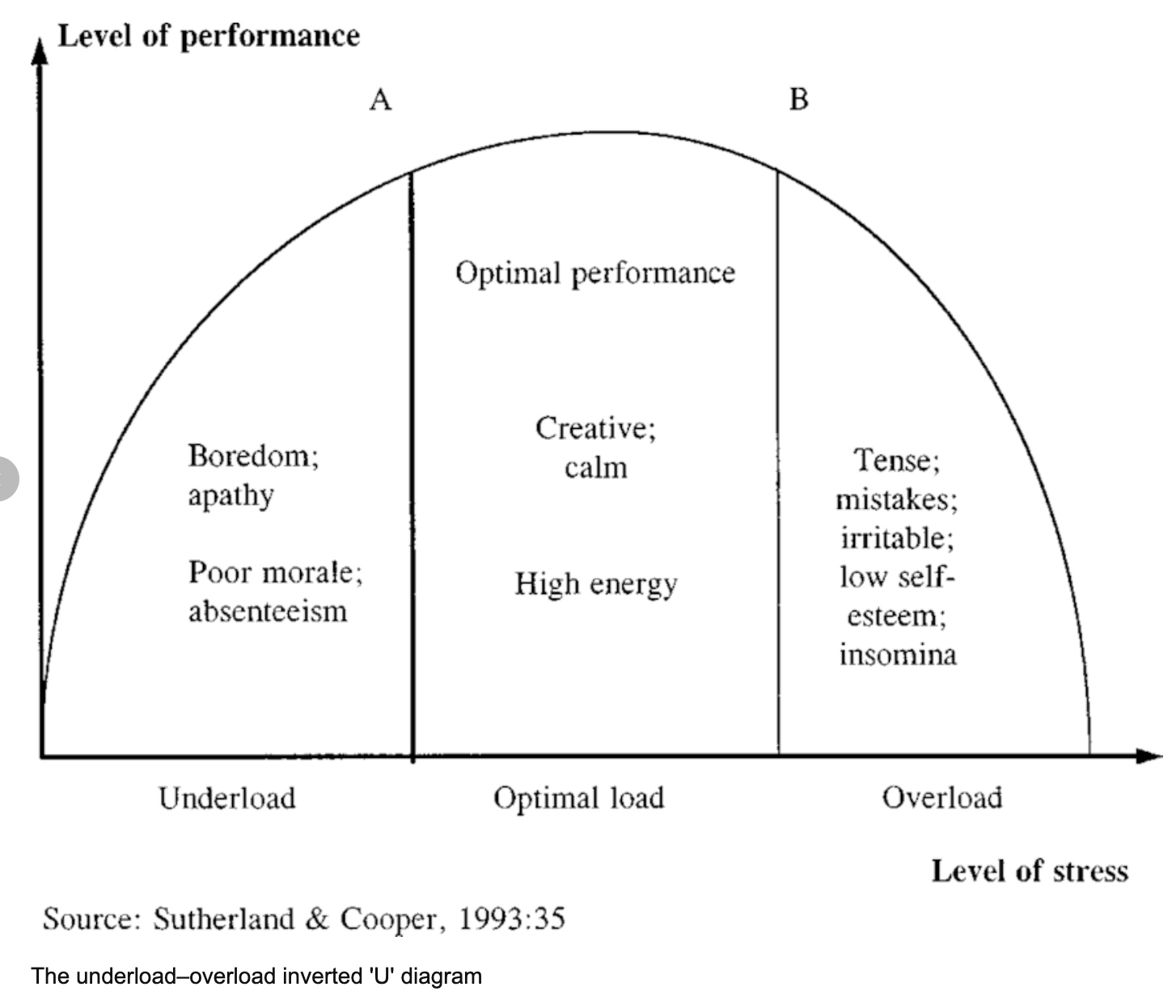Stress – How teachers and students can manage it

A reasonable level of stress is healthy for students and teachers alike – but if the pressure gets too much to handle, then it’s time to start working out the best way to eat an elephant, says David Didau…

- by David Didau
- Writer, speaker & senior lead practitioner for English at OAT Visit website

Stress is good for you. If we never felt stress, most of us would sit around all day lazily flicking between daytime TV shows and eating muffins.
The reason we haul ourselves out of bed, wash ourselves, eat relatively healthy meals, go to work, mark our books, exercise and get an early night is, at least partly, for fear of what would happen if we didn’t.
When good will has run dry and self-control is at a low ebb, stress motivates us like little else.
This is as true for students as it is for teachers; young people would never bother revising if they didn’t feel a certain amount of pressure. This kind of positive stress is sometimes called eustress.
Break down
But what happens if you put something or someone under too much stress for too long? In the case of a steel bar, it breaks. In the case of people, they break down.
There comes a point at which the pressure applied becomes too great and performance drops off. This is the “inverted-U” hypothesis.

The trick then is to get stress levels just right. And as with all pearls of wisdom, this is far easier to say than to do.
Ignoring stress is the worst thing we can do. Fear can be crippling and leads us to bottle up the mounting pressures inside.
It’s important to learn to recognise where you feel stress – for me, it’s smack in the middle of my chest. I’ve learned to recognise that when my chest feels tight, I’m stressed. And that’s been a big help in taking positive action.
The best way to combat negative stress is to put the work in. If you’ve done your best, it’s easier to let go of outcomes beyond your control.
Sadly though, toxic stress tends to make people procrastinate; to stick our heads in the sand; to feel that the mountain of work in front of us is insurmountable.
How do you tackle a seemingly impossible task? How would you go about eating an elephant? One spoonful at a time.
Digestible chunks
Try not to focus on what you can’t do and do what you can. My 16-year-old daughter is already starting to feel the pressures of Year 11.
She worries herself sick thinking about the big picture – the vast reservoirs of knowledge needed to succeed in her GCSEs and, staring into the abyss, she’d prefer to watch Netflix.
But the big picture is unhelpful. It really is impossible to everything; all we can do is something.
So, we’ve helped her to break down the task of preparing for thirty-odd exams into small, easily digestible chunks.
Instead of worrying about whether she can fit in an hour’s revision every night we’ve encouraged her to think about doing 10 minutes. Anyone can manage ten minutes, right? And once she managed ten minutes, she often finds she’s got time for another 10.
Spoonful by spoonful she’s managing to chew through an impressive amount of elephant.
The same strategies work for teachers. Don’t obsess about marking all your books, mark five every day.
The idea of sitting down to write a class set of reports might be overwhelmingly daunting, but you could easily manage one a day.
When the nights draw in and the mornings are cold, bleak and gloomy it can be all too easy to see an infinity of cold bleak days ahead and decide to pull the duvet over our heads and ring in sick. But the there’s only this morning.
Tomorrow is a new day with no mistakes.
David Didau is an independent education consultant and writer. He blogs at learningspy.co.uk and is the author of several books, the latest of which is Making Kids Cleverer: A Manifesto for Closing the Advantage Gap (Crown House).










